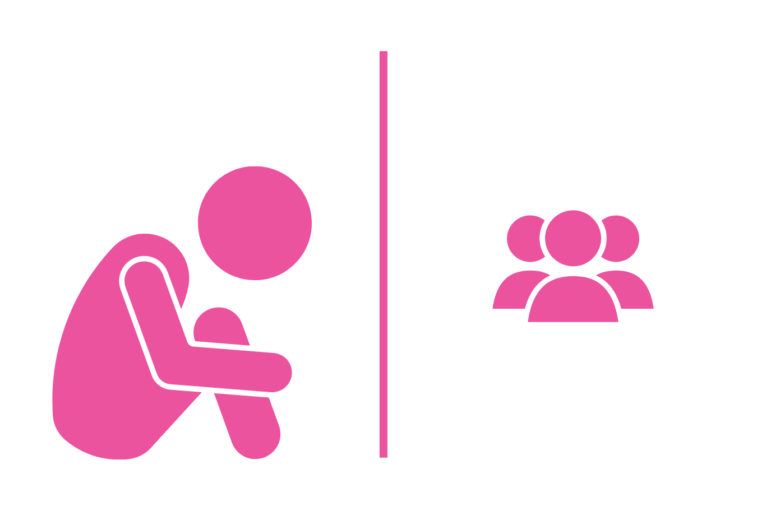
A Pandemic of Loneliness…
Our Evidence & Research Officer, Ruth Callander, writes about how the COVID-19 pandemic has thrown what is really important to people with learning/intellectual disabilities into ever sharper focus…
Coronavirus swept into our lives like a tidal wave, turning them upside down, and confining us to our homes. At SCLD, we very quickly adapted our ways of working; video calls and WhatsApp group chats replaced meetings and tea breaks.
This unprecedented emergency set alarm bells ringing. How devastating an impact would it have on people with learning/intellectual disabilities who already face significant inequalities? How do we ensure their human rights are protected?
To get a sense of this, SCLD created two surveys; one for people with learning/intellectual disabilities and one for their parents, carers and supporters. The survey ran from the 14th of April until the 5th of May with a total of 350 responses.
We expected to hear concerns expressed about medical decision making, inequality of access to education and healthcare, and pressure on carers due to cuts in paid support. And we did; these concerns are significant and deeply felt.
But running through the stories was a much more ‘everyday’ concern.
58% of people explicitly stated that they were more lonely than before Coronavirus. Stories of being cut off from friends, family, support and groups they are part of permeated throughout.
While this may not be surprising considering the current situation, it is massively worrying simply because people with learning/intellectual disabilities are already more likely to be lonely than the general population.
“But running through the stories was a much more ‘everyday’ concern… People are lonely”.
Though we have yet to publish the results, when we undertook our ‘How’s Life?’ survey last year, only 5% of people who responded lived with a partner, compared to 56% of the general population. Indeed, though people with learning/intellectual disabilities tended to live with their parents for longer, they were still more likely to live alone than the general population across all age categories.
The same survey found that only a third of people with learning/intellectual disabilities had used social media in the past few weeks. In fact, people with a disability are four times more likely than those without to never have accessed the internet.
This means that for many, not only is the simple affection of a partner missing, but so are the means to see loved ones over video calls.
“…not only is the simple affection of a partner missing, but so are the means to see loved ones over video calls”.
When I was reading through the stories, I was particularly struck by a comment from a family carer:
“In a strange way, the limitations and social isolation that we always experience feel normalised as society at large coped with a bit of the same feeling.”
Indeed, Coronavirus is not why people with learning/intellectual disabilities are lonely. It has not caused these issues, but rather exacerbated them.
So, what do we do?
Loneliness has huge emotional and physical consequences, including shortening lifespans. Our response to Coronavirus has shown just what is possible when choices become a matter of life and death. We must take this opportunity to pursue meaningful change.
Human rights may not be the panacea to combat loneliness, but they have given us the tools.
Article 8 of the European Convention on Human Rights emphasises the right to make and keep friendships, find a partner and have a family. Article 23 of the United Nations Convention on Persons with Disabilities says that states must take measures to ensure those with disabilities can marry and have relationships on an equal basis with others.
These rights are included in policy documents such as ‘A Connected Scotland’ and ‘The keys to life.’
But people are lonely because we have yet to realise their rights to develop social networks and form relationships. Our surveys have once again brought into sharp focus the disconnect between the legal and political discourse of rights and the reality of the everyday human experience of people with learning/intellectual disabilities.
Practical barriers such as lack of internet access, restrictive support hours and lack of privacy are compounded by overprotective and discriminatory attitudes.
As we navigate our way out of the crisis and beyond, we need not only to use social rights as a framework to do better, but, more importantly, use them as a tool to dismantle these barriers.
Enforcing positive obligations to combat isolation for people with learning/intellectual disabilities is not a novel idea.
But given the current pandemic of loneliness, maybe it’s an idea whose time has come.
Ruth Callendar
Evidence & Research Officer, SCLD


